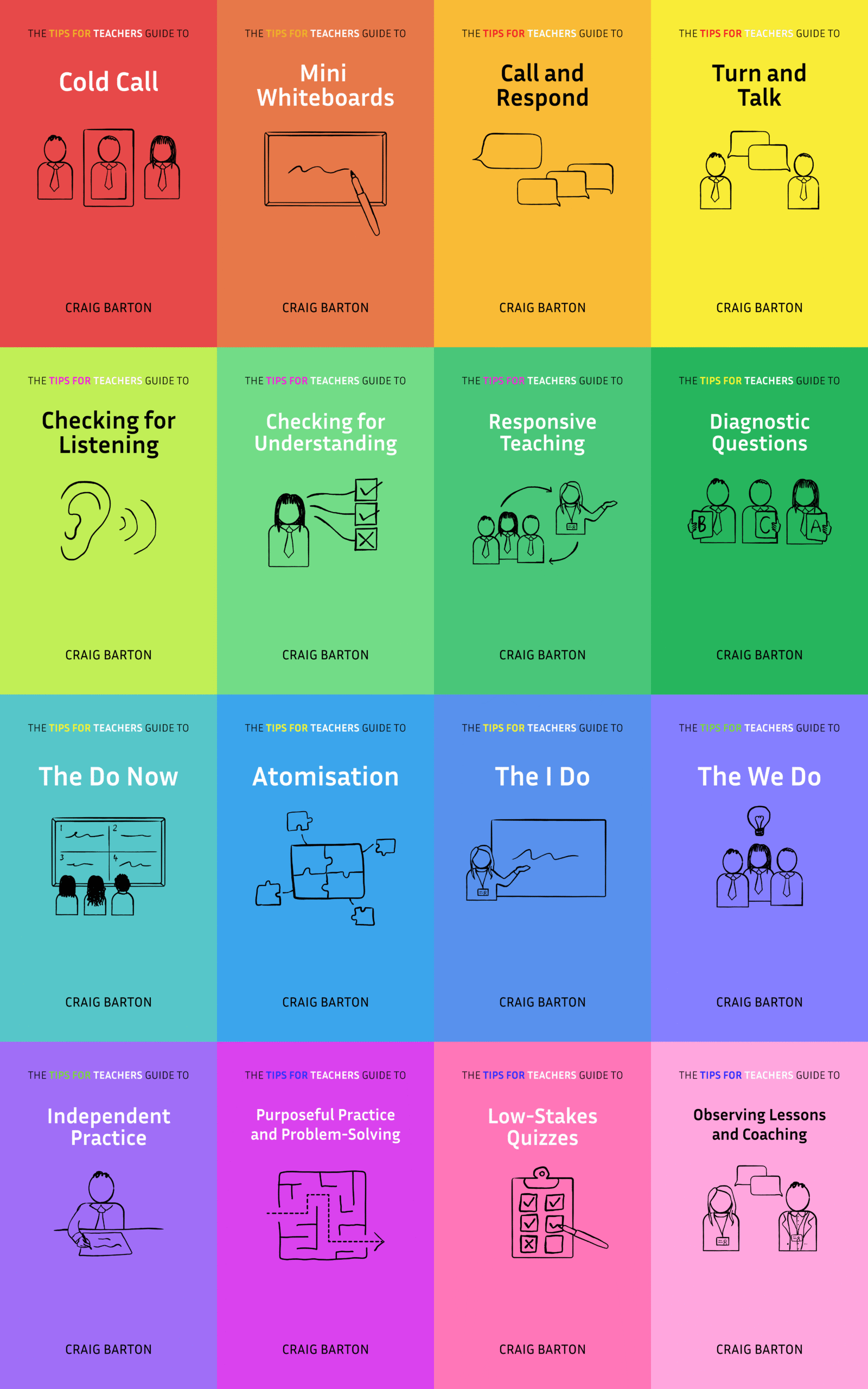Summary
This YouTube transcript discusses effective feedback methods in education. The speaker argues that learning activities are superior to written comments, citing research by Kluger and DeNisi which suggests feedback either teaches or motivates. He advocates for follow-up lessons focusing on specific misconceptions revealed in student work, rather than extensive written feedback. A concern raised is addressing diverse student needs within a whole-class feedback model; the speaker suggests that this focused instruction isn’t repetition, but targeted teaching of previously unclear concepts. The conversation also touches upon the challenges of providing feedback on longer assessments with numerous errors.
What are the key implications for teachers in the classroom?
Here are some key implications for teachers in the classroom based on the information in the source:
- Teachers should prioritize using learning activities as feedback instead of written comments. Learning activities are more effective because students can’t ignore them the way they often ignore written feedback. Also, teaching is usually done through instruction and activities rather than by providing written comments.
- When planning lessons, teachers should consider what they want to teach as a follow up. When reviewing student work, teachers should identify areas for improvement and plan follow-up lessons or activities to address them. They should try to teach new information and flesh out concepts that students may not fully understand.
- Teachers should strive to make feedback specific and targeted. Instead of repeating prior instruction, teachers should aim to provide specific instruction on areas where students need further clarification. For example, a math teacher could do a quick lesson on how to solve Pythagorean Theorem problems when a leg is missing.
- Short and focused feedback is more effective than lengthy feedback. Teachers can keep feedback sessions short (around 10-15 minutes) so that students don’t get bored, even those students who already understand the material.
- Teachers should not let the desire for perfect differentiation prevent them from implementing good teaching practices. Even if a learning activity isn’t perfectly differentiated for every student, it can still be beneficial for the majority of students.









